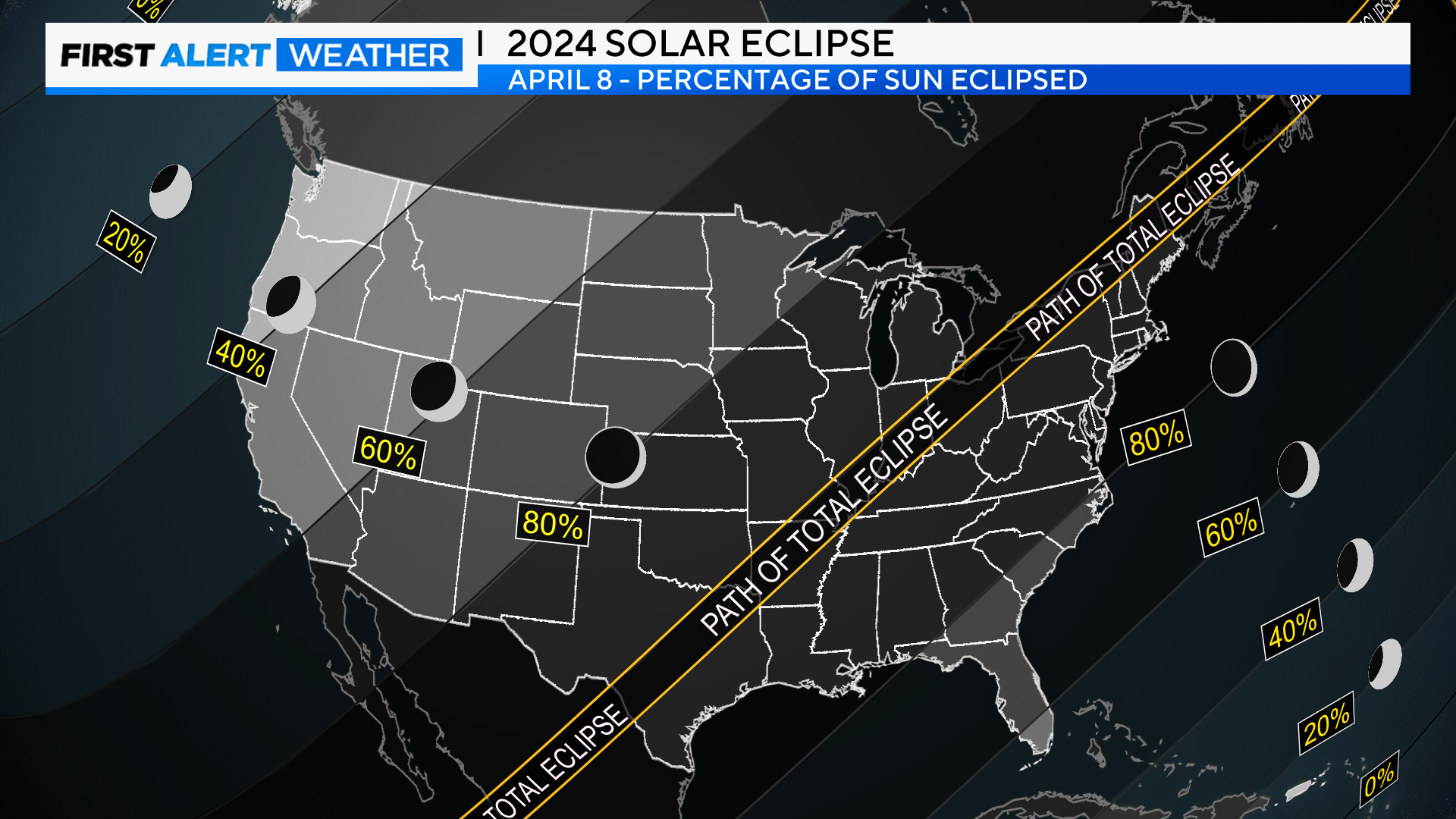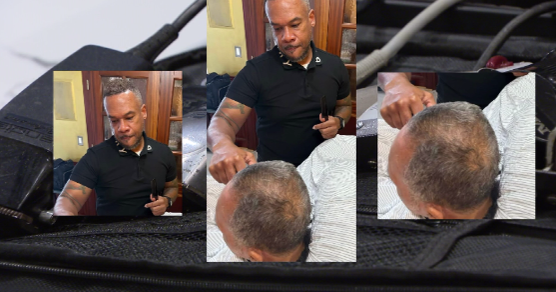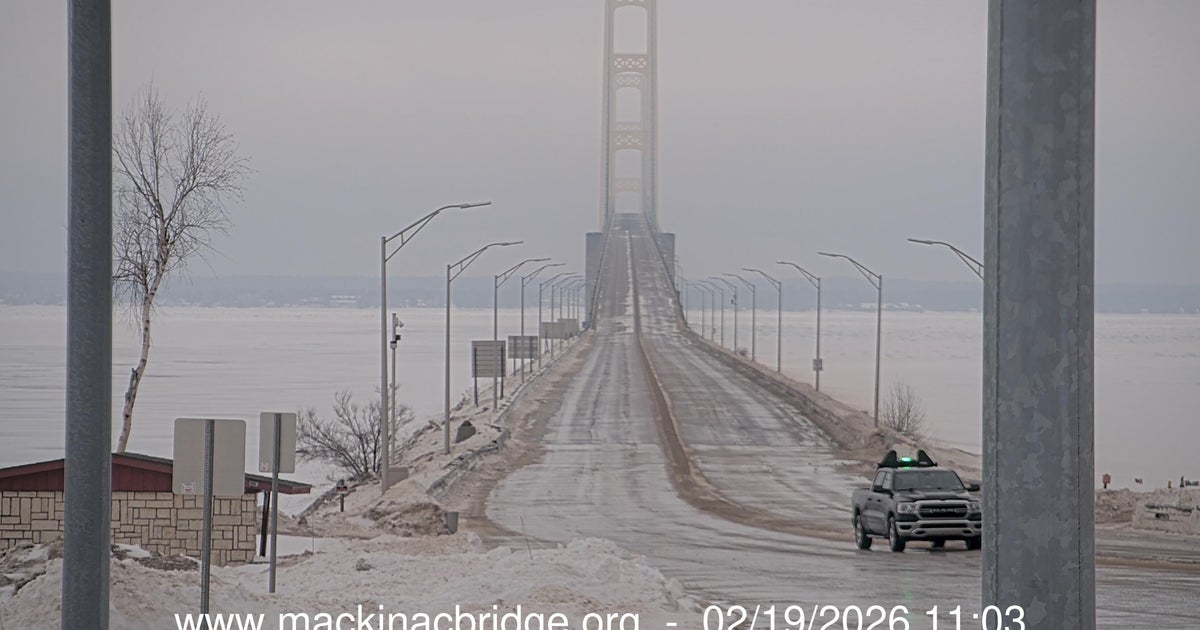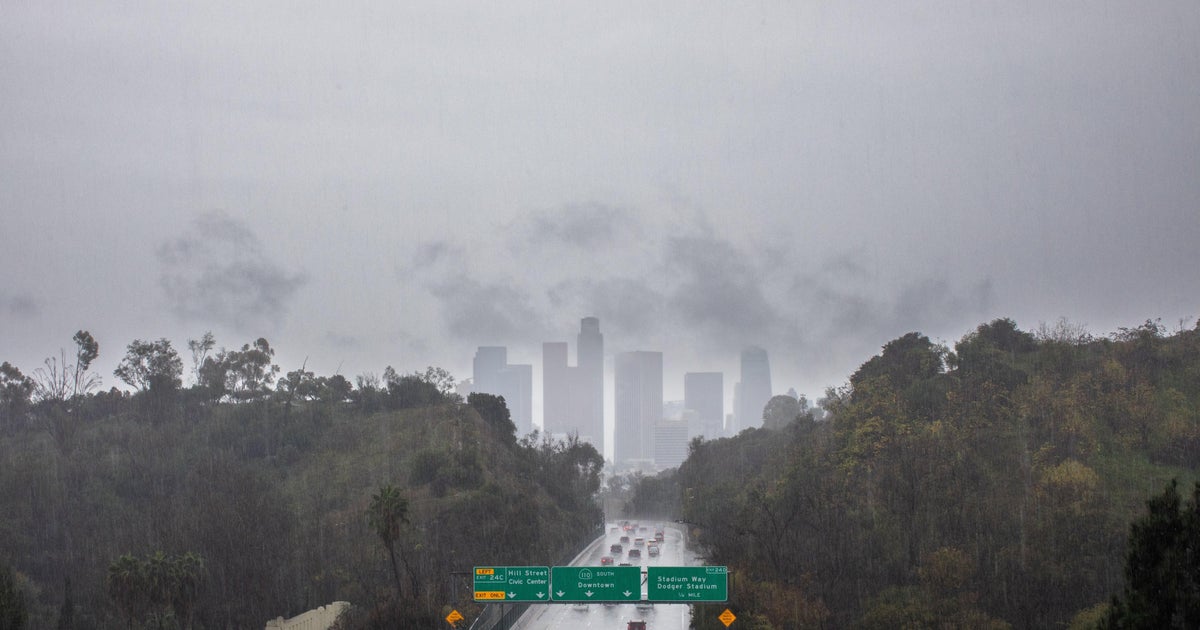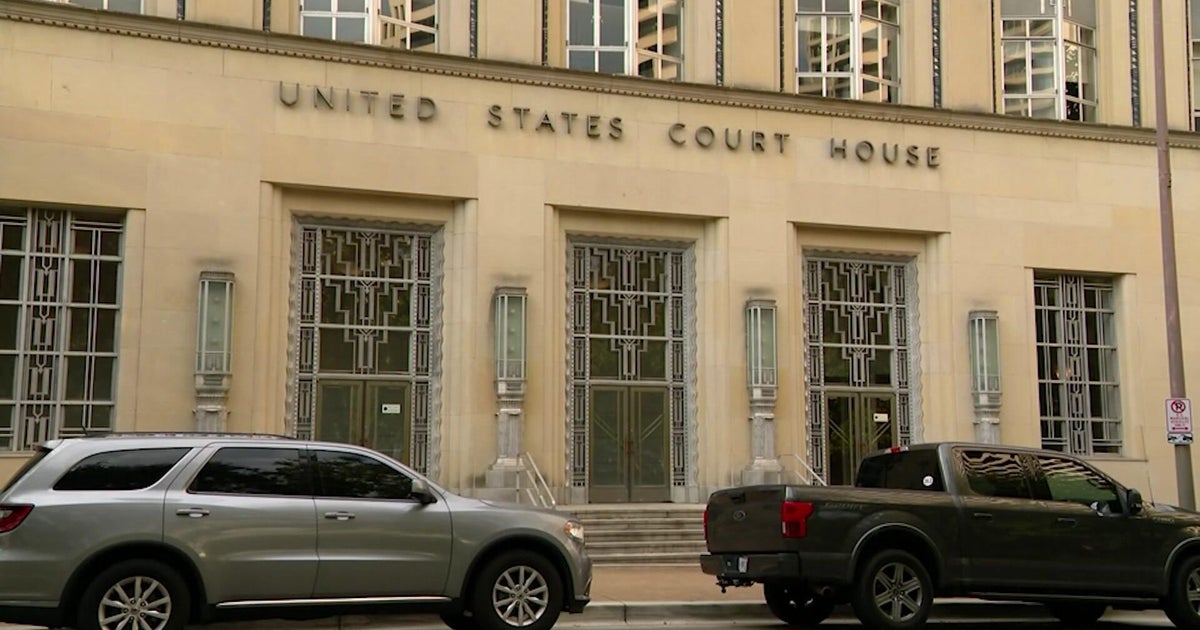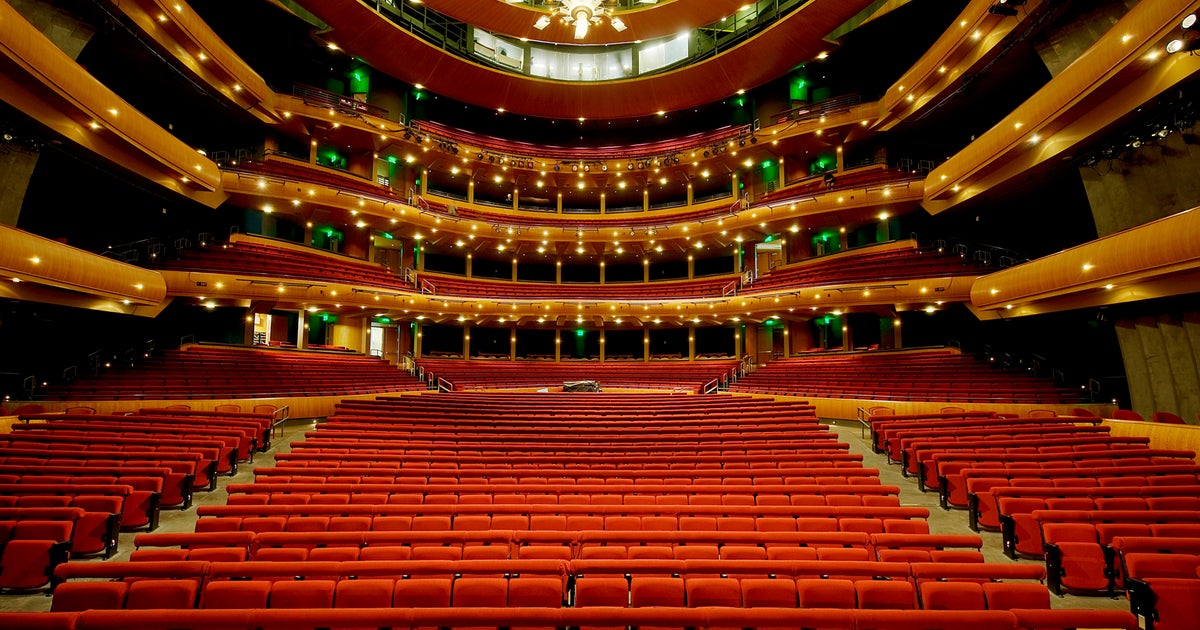What time will the eclipse start, peak and end in Chicago and Illinois today?
More than two dozen towns in southern Illinois will see a total solar eclipse on April 8, 2024, between 1:48 p.m. and 2:05 p.m. central time.
Where will your optimal viewing time start, peak and end in those towns? When is the best time to see it in Chicago? See a full timeline schedule here.
What time does the solar eclipse start, peak and end in Chicago?
In Chicago, the partial eclipse kicks off at 12:51 p.m., with the maximum at 2:07 p.m. and wrapping up at 3:22 p.m.
About 94% of the Sun will be eclipsed during the maximum, casting a surreal glow across the city.
Full solar eclipse timeline for Illinois
Depending on the location, the duration of totality in southern Illinois will range from less than a minute to four minutes.
City | Time | Duration |
Tamms | 1:48:48 | 3:40 |
Chester | 1:58:55 | 3:35 |
Alto Pass | 1:58:57 | 4:09 |
Cairo | 1:59:03 | 3:07 |
Murphysboro | 1:59:09 | 4:06 |
Makanda | 1:59:10 | 4:08 |
Carbondale | 1:59:16 | 4:08 |
Marion | 1:59:44 | 4:07 |
Metropolis | 2:00:11 | 2:33 |
Harrisburg | 2:00:27 | 3:53 |
Mount Vernon | 2:00:35 | 3:45 |
Golconda | 2:00:39 | 2:51 |
McLeansboro | 2:00:43 | 4:07 |
Bluford | 2:00:46 | 3:53 |
Centralia | 2:00:58 | 2:44 |
Mill Shoals | 2:01:11 | 4:07 |
Fairfield | 2:01:19 | 4:03 |
Salem | 2:01:20 | 2:47 |
Carmi | 2:01:21 | 4:01 |
Albion | 2:01:45 | 4:06 |
Kinmundy | 2:01:51 | 3:50 |
Olney | 2:02:12 | 3:50 |
Mount Carmel | 2:02:16 | 4:03 |
Effingham | 2:03:26 | 0:49 |
Marshall | 2:04:04 | 2:35 |
Paris | 2:05:14 | 0:41 |
Benton | 2:00:03 | 4:06 |
The times are approximate and courtesy of NASA's Goddard Space Flight Center. An interactive map provides precise times as the eclipse moves across the United States.
The path of totality – where viewers can see the Moon totally block the Sun, revealing the star's outer atmosphere, called the corona – is much wider during this eclipse than during the eclipse in 2017. That means a lot more people will be able to see the solar eclipse this year. According to former Adler Planetarium astronomer Lucianne Walkowicz, about 12 million people were able to see 2017's eclipse, more than 32 million people will be able to see Monday's eclipse.
Because the Moon is also a bit closer to the Earth this time, the total eclipse will last about two minutes longer in some places than in 2017.
How to keep safe while viewing the total solar eclipse
Remember to take care when viewing an eclipse. Dr. Ramon Lee, from Illinois Retina Associates, showed CBS 2 pictures of a patient with solar damage after staring at an eclipse.
